Why Do Glasses Go Cloudy In The Dishwasher
Glasses can go cloudy because of two main reasons. The first step is to soak your glass with vinegar and wait for around 5 minutes.
 How To Clean Cloudy Glass Exquisitely Unremarkable
How To Clean Cloudy Glass Exquisitely Unremarkable
Hard water also doesnt rinse as well as soft water with the result of a film of soap or dirty water left on the dishes.

Why do glasses go cloudy in the dishwasher. Cloudy glasses can develop over time but often it occurs in areas of both hard water mineral deposits build up and cling to glassware and dishes and soft water due to corrosion. Each of these issues requires a different type of care. You can work out whats causing the cloudiness by soaking a glass in vinegar for 15 minutes.
The commercial dishwasher in the staff kitchen uses a strong liquid detergent which smells of bleach. If the film is etching which happens to some types of glassware in the. Glasses can go cloudy in the dishwasher for several reasons.
If you live in a hard water area you may be faced with deposits gathering in your dishwasher. Many people get frustrated when their glasses come out of the dishwasher cycle looking dull and milky. Fortunately whereas cloudiness is irreversible this can be fixed and easily prevented.
Then check if the fog is removed or not and if it is removed then hard water is likely to be the culprit. You can test for mineral deposits by soaking the glass in white vinegar for 5 minutes. If the glass comes out clean it has clouded due to limescale deposits.
To fix this utilize a water softener such as Jet Dry. The build-up of limescale is usually one of the reasons why your dishes or glassware keep coming out with white film around them. Cloudy glasses in a dishwasher could be due to the water in your area.
Prevent future buildup If this doesnt work chances are your glass is etched which sadly means youre out of luck. Hard Water Deposits. If vinegar does not remove the cloudiness then it is the detergent which has etched the glass and there would appear to be no current remedy.
If soft or hard water is an issue then you may need to switch out the entire set of glassware. The Spruce Ulyana Verbytska. There are two main reasons why you might find that your glasses have started to look cloudy.
To confirm that hard water might be the cause of your cloudy glasses then you can test it out by a simple procedure. Dishwasher limescale on glasses comes from the type of water that is being fed into the appliance. It is also much faster than a domestic dishwasher.
The problem with hard water is twofold. In some cases your dishwasher might have permanently scratched the surface of the glass. So why do glasses get cloudy in a dishwasher.
The problem with hard water is twofold. Glasses can go cloudy in the dishwasher for several reasons. A quick test you can do is soak a cloudy glass in vinegar for 15 minutes and if it comes out clean that will show you it is limescale and you live in a hard water area.
Seems quite an old thread but it would appear that phosphates have been removed by law from detergents and this is resulting in cloudy glasses. Can dishes break in the dishwasher. Possible Causes and Solutions for Cloudy Dishes Mineral Deposits In areas with hard water or well water mineral deposits can build up over time leaving a film on the glassware.
Hard water deposits Hard water contains a high level of natural minerals which can sometimes deposit themselves on your glasses. These deposits such as lime-scale can cling onto your glass and dishes causing a cloudy appearance. Hard water can deposit these minerals limescale onto anything inside your dishwasher.
You can work out whats causing the cloudiness by soaking a glass in vinegar for 15 minutes. One of the most common causes of cloudy dishes and glassware is hard water or water with high mineral content. However you may only notice it on your glassware as these will appear filmy cloudy and unclear to the naked eye.
Hard water is called hard because of the high amount of calcium and magnesium it contains. If its still cloudy then it has been etched perhaps because you are using too much detergent. This occurs when you live in a hard water area and the water is not softened well enough andor the appliance hasnt been descaled.
This clouding is usually caused by mineral deposits especially if you live in a hard water area as detergent and rinse aid products have to work harder to clean and rinse the glass. If the glass comes out clean it has clouded due to limescale deposits. I guess it al qaeda throwing the tabs at folk.
First minerals in the water reduce the effectiveness of detergents so that more detergent may be. One of the most common causes of cloudy dishes and glassware is hard water or water with high mineral content. The glasses do not go cloudy.
 Permanent Clouding Of Glassware In A Dishwasher
Permanent Clouding Of Glassware In A Dishwasher
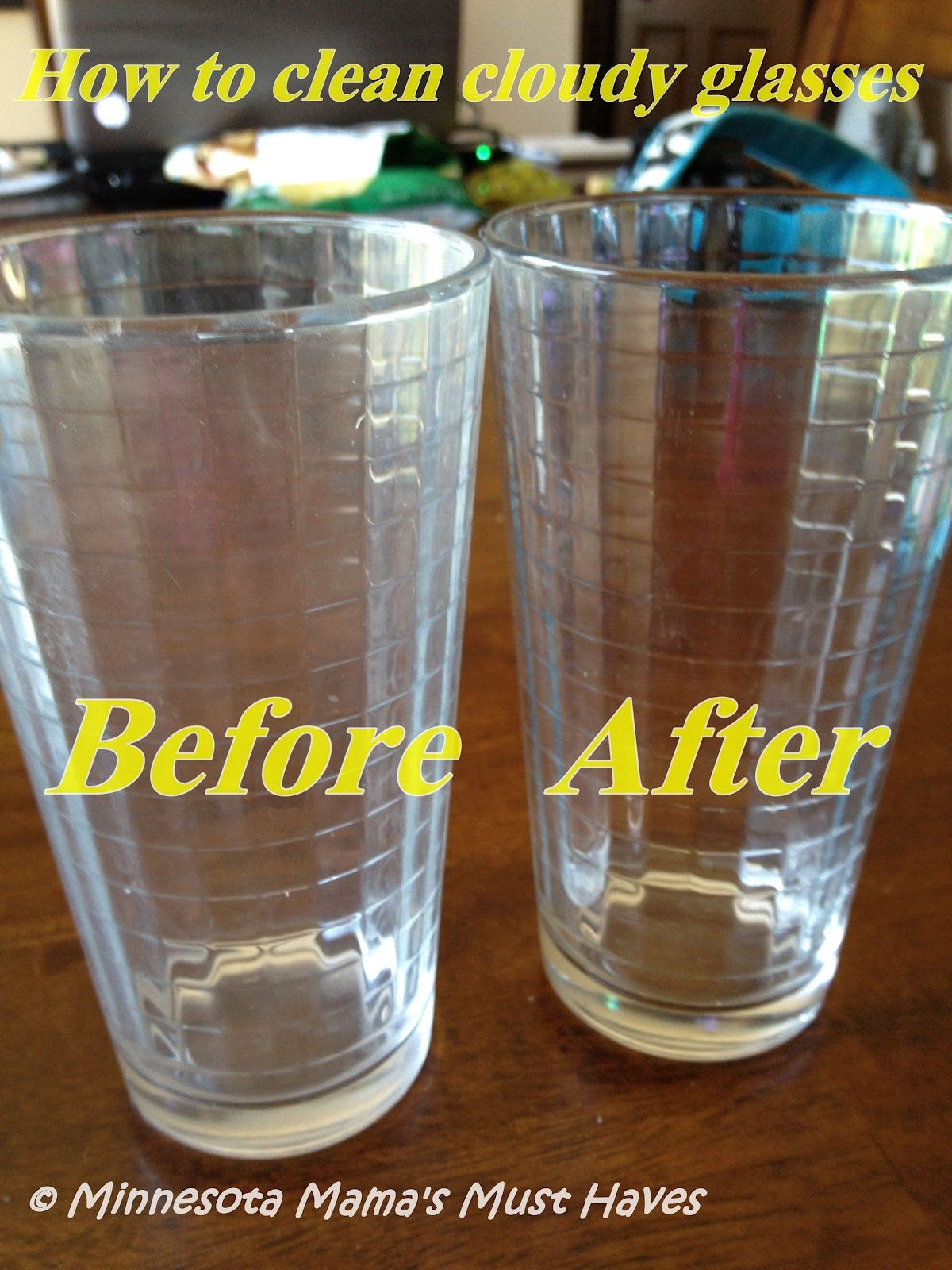 Cloudy White Residue On Your Dishes The Kitchen Blog
Cloudy White Residue On Your Dishes The Kitchen Blog
 Cleaning Tips How To Prevent Cloudy Glassware Hard Water Stain Remover Cleaning Hacks Hard Water Stains
Cleaning Tips How To Prevent Cloudy Glassware Hard Water Stain Remover Cleaning Hacks Hard Water Stains
 3 Ways To Remove A Film From Glasses Wikihow
3 Ways To Remove A Film From Glasses Wikihow
 Dishwasher Leaving You Cloudy Lemi Shine Review The Eco Friendly Family
Dishwasher Leaving You Cloudy Lemi Shine Review The Eco Friendly Family
Is Your Glassware Etched Dishwasher Etching Glassware
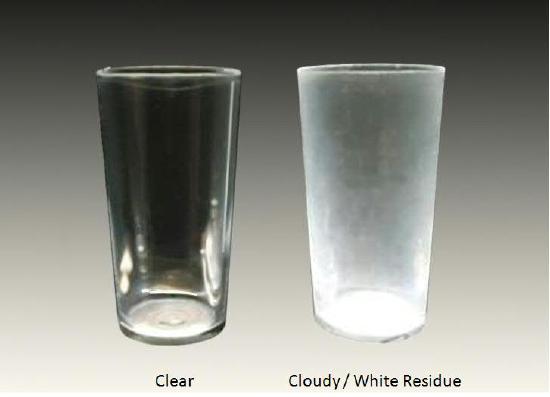 Filming Or Etching On Glassware Product Help Kitchenaid
Filming Or Etching On Glassware Product Help Kitchenaid
 10 Reasons Your Dishwasher Leaves White Film On Glasses And Dishes Cleaning Glass Cleaning Your Dishwasher Cleaning Dishes
10 Reasons Your Dishwasher Leaves White Film On Glasses And Dishes Cleaning Glass Cleaning Your Dishwasher Cleaning Dishes
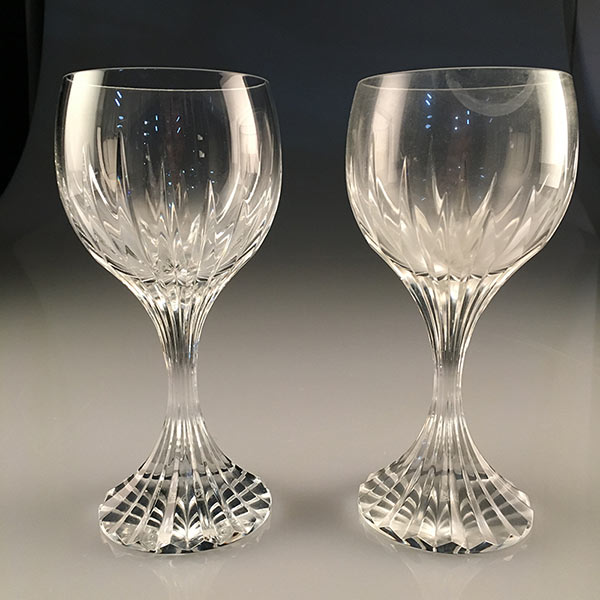 Tips For Cleaning Cloudy Glass
Tips For Cleaning Cloudy Glass
 What S The Best Way To Wash And Dry Wine Glasses
What S The Best Way To Wash And Dry Wine Glasses
 Clean Cloudy Glasses With This Simple Kitchen Hack
Clean Cloudy Glasses With This Simple Kitchen Hack
How To Eliminate Cloudy Film On Glasses Cleaned In The Dishwasher Quora
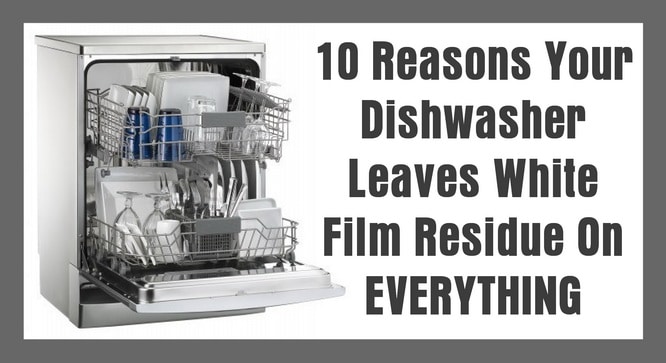 10 Reasons Your Dishwasher Leaves White Film On Glasses And Dishes
10 Reasons Your Dishwasher Leaves White Film On Glasses And Dishes
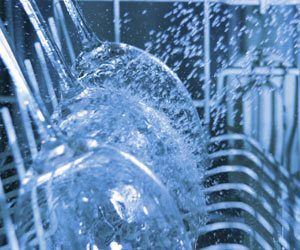 How To Remove Dishwasher Soap Residue From Dishes How To Clean Stuff Net
How To Remove Dishwasher Soap Residue From Dishes How To Clean Stuff Net
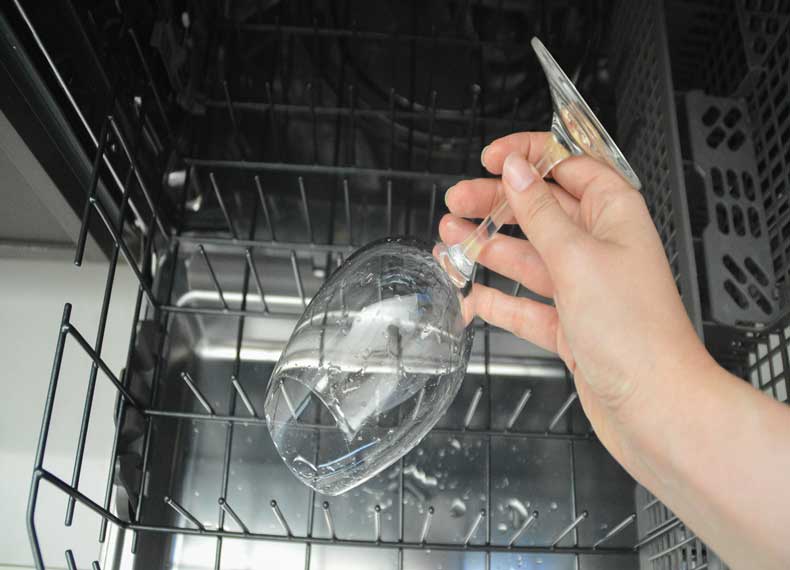 Cloudy Glasses Dishwasher Cause
Cloudy Glasses Dishwasher Cause
 Cleaning Tips How To Prevent Cloudy Glassware Cleaning Hacks Cleaning Glass Household Hacks
Cleaning Tips How To Prevent Cloudy Glassware Cleaning Hacks Cleaning Glass Household Hacks
 5 Clever Ways To Clean Cloudy Drinking Glasses
5 Clever Ways To Clean Cloudy Drinking Glasses
 Cloudy Glassware Answerline Iowa State University Extension And Outreach
Cloudy Glassware Answerline Iowa State University Extension And Outreach
 Cloudy Glasses Dishwasher Cause
Cloudy Glasses Dishwasher Cause
Komentar
Posting Komentar